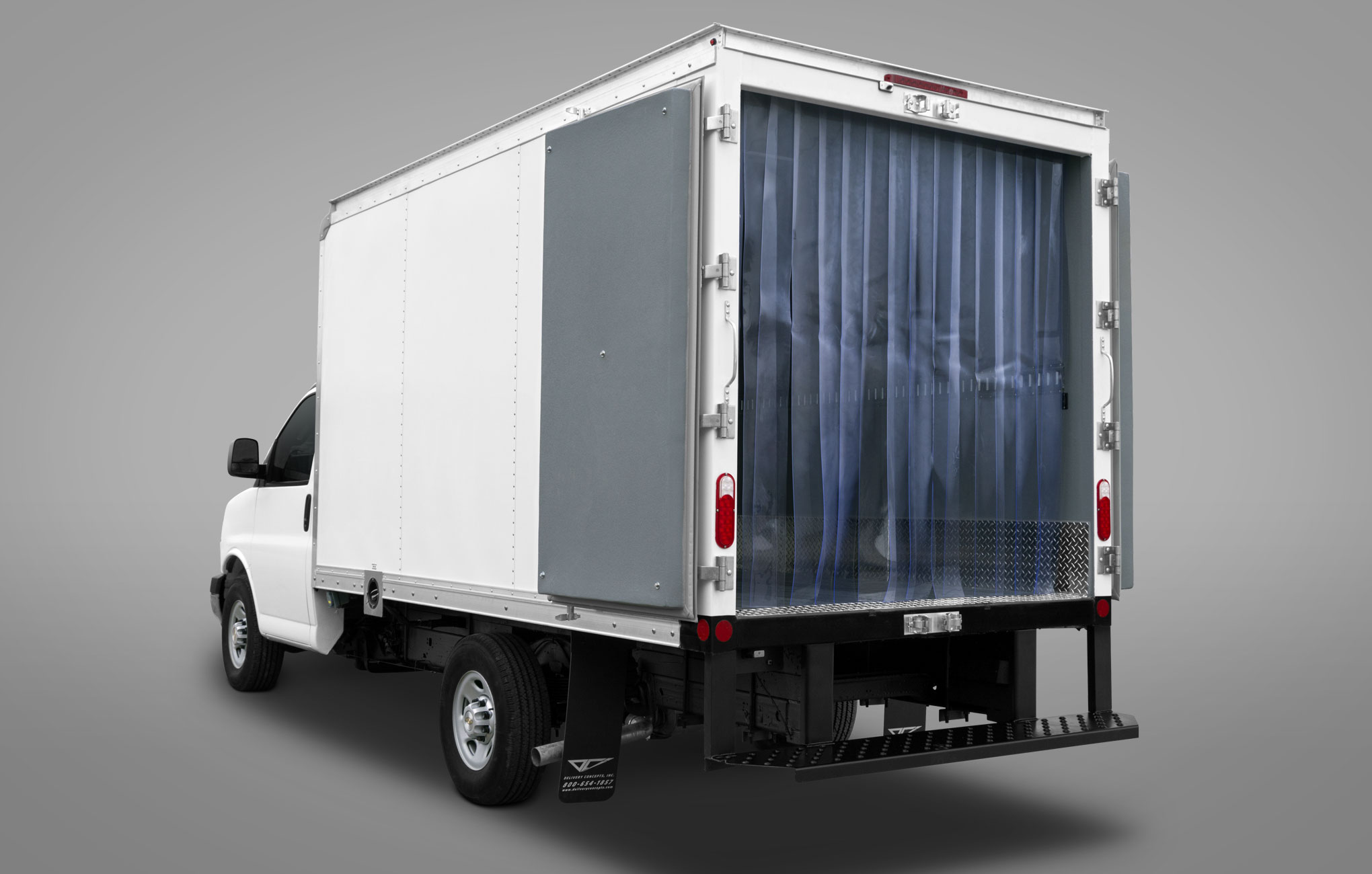
Brrr, it’s cold in here!
And we’re not talking about the weather.
The Refrigerated Transport Market is expected to reach 3.25 billion tons by 2022. Businesses around the world rely on temperature controlled storage when shipping their goods.
In some cases, it even comes down to a legal obligation. Bakeries, florists, grocery stores and pharmaceutical companies require climate control vans and trucks to bring quality products to happy customers.
Still not convinced you can benefit from this service? Read on to learn how your delivery business can prosper with refrigerated vehicles.
The First Refrigerated Vehicles
Back in the 1800s, refrigerated vehicles were mostly trains. Their best method for transporting perishable items that needed to stay cold was to pack ice and salt underneath and around them in train cars.
Of course, this wasn’t the most effective method and a lot of the cargo was damaged. However, it did pave the way for other methods of refrigerated transportation to be created in the 1900s.
The temperature-controlled vehicle industry has continued evolving through the years and is more efficient than ever before. Now is the perfect time to get a refrigerated vehicle that you know will be reliable and beneficial to your business.
What Is a Refer Truck?
If you want to sound like a professional in the transportation industry, you need to know your terms.
Simply put, refer is short for “refrigerated,” and refer trucks are those vehicles that transport refrigerated freight.
What Are You Transporting?
Refrigerated vehicles are helpful when delivering a variety of products, beyond the food transport that would normally come to mind.
Flower delivery services need refrigerated transport, if you don’t want the product arriving wilted.
Even tech and electronic companies can benefit from climate-control vehicles. High temperatures can damage many expensive electronic devices in transport.
Items like medical products and pharmaceuticals rely heavily on temperature-regulated vehicles. Some people literally can’t live without them!
Plus, certain chemicals, even those found in things like cologne or perfume can be negatively affected by vehicles that are too hot.
You’re Hot Then You’re Cold
Whether you’re refrigerating food to keep it from spoiling, or you are transporting hot meals that you need to keep fresh, there are heating and cooling units available for vehicles.
You can find the perfect unit to meet your temperature needs no matter what precious cargo you’re transporting. Even if that means having a vehicle that is capable of both hot and cold transport.
The most efficient temperature-controlled transport vehicles are ones that have a heating or cooling system which is powered by the vehicles’ own engine.
These types of vehicles are more reliable, easier to maintain, and cheaper than vehicles which require a secondary power source for temperature control. They also eliminate the need for heated vehicles to transport dangerous propane gas in order to fuel their heated compartment.
How Shipping Regulations Affect Your Business
More than ever the FDA is cracking down on the transportation of food and safe food handling. Vehicles that are temperature-controlled are a safety requirement when transporting food to avoid food-borne illness.
The FDA created their Food Safety Modernization Act (FSMA) in 2015, which requires drivers to learn about how to monitor and report on the vehicle temperature throughout the shipment process.
What Is the Cold Chain?
This term refers to the supply chain of perishable items that are temperature-sensitive. It also includes the strategy behind transporting these products across far distances in a way that will protect and not damage them.
The need for this type of transportation is on the rise across the globe as well as locally. There is an opportunity for businesses to enter into this market as long as they can meet the FDA regulations.
As the pharmaceutical and food-delivery industries continue expanding rapidly, cold chain management will continue to be essential to safe and quality product delivery.
Find Refrigerated Vehicles You Can Rely On
Ready to take advantage of the benefits of refrigerated vehicles? Your products are valuable and replacing damaged goods is expensive and time-consuming, not to mention the customer dissatisfaction that can come from receiving a subpar product.
Find the refrigerated vehicle that’s best for your needs. Not sure where to start? We can help! Contact us to learn more.
